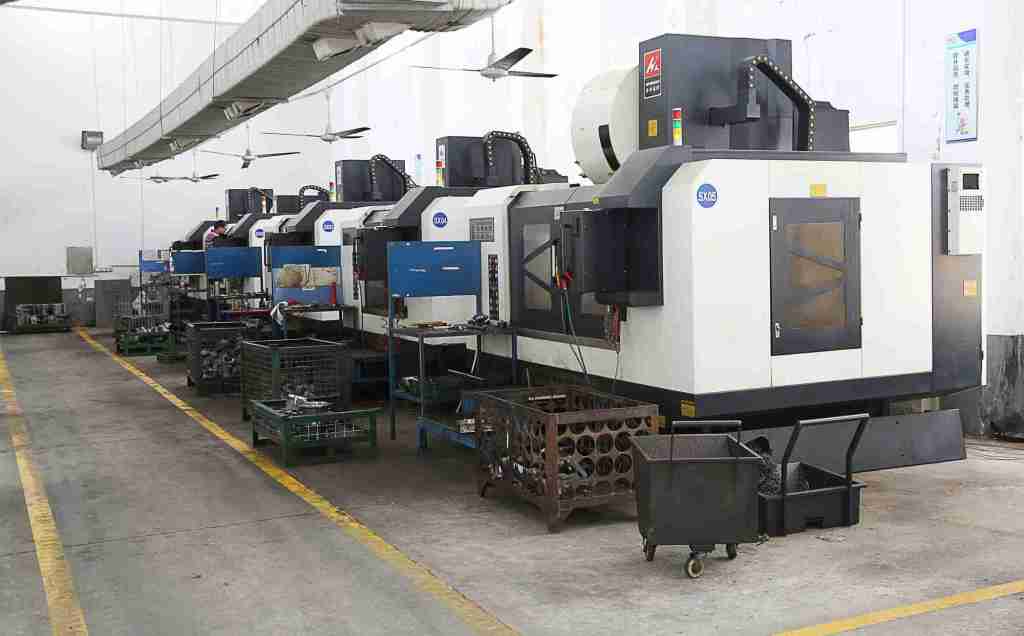How casting manufacturers can turn your design into reality

What is the casting parts?
Casting parts are a common type of component in the manufacturing industry, which can produce various shapes and sizes of components through casting technology. They are widely used in fields such as automobiles, machinery, aerospace, and energy. The production of these components relies on professional Casting Parts manufacturers to complete.
Firstly, advanced casting technology is required. Casting refers to the process of pouring molten metal or other substances into a mold, cooling and solidifying to obtain the desired shape. This process has the advantages of low production cost, short production cycle, and strong batch production capacity. The casting techniques commonly used by Casting Parts manufacturers include die casting, sand casting, and water glass casting, all of which require strict control and operation to achieve the desired casting effect.
Secondly, it is necessary to have advanced mold manufacturing technology. The key to producing Casting Parts is the accuracy and craftsmanship of the molds, which rely on mold manufacturing technology to ensure. Mold manufacturing technology includes CNC machining, wire cutting, electrical discharge machining, etc., which can achieve precise machining of molds, ensuring the dimensional accuracy and surface quality of components. At the same time, we are continuously promoting the research and development of new mold materials and processing technologies, continuously improving the service life and processing accuracy of molds, and improving the quality of castings.
In addition, we also have professional material selection skills. The material properties required for different components are also different. Casting Parts manufacturers need to choose appropriate materials based on customer requirements and the usage environment of the components. The materials commonly used for casting include cast iron, cast steel, aluminum alloy, etc. These materials have advantages such as strong wear resistance, good corrosion resistance, and light weight, which can meet the usage needs of different components.
And the manufacturer also has a strict quality control system. Quality control is crucial in the production process of components. By establishing a comprehensive quality control system, continuously monitoring and tracking the manufacturing process of components, identifying problems in a timely manner and taking measures to correct them, we ensure that the quality of components meets customer requirements.
The manufacturing of components requires various technical support, including casting processes, mold manufacturing, material selection, etc.
Previous:
Precision Machining Parts: Cra...
Next:
china cnc machine grinding par...